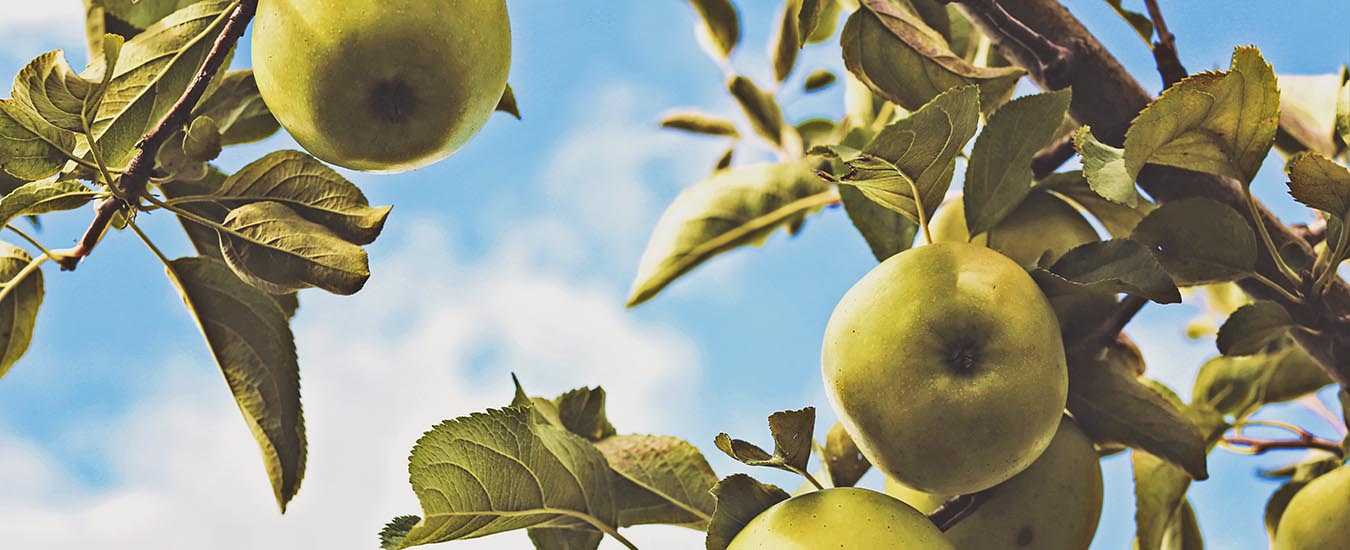Do they really help reduce the risk of disease?
Anti-inflammatory diets and foods are all the buzz. Promising research shows nutrition can make a difference but we need to take caution in deciphering between facts and fiction.
Understanding inflammation
Acute inflammation (swelling) and redness occurs upon injury such as a bone fracture, a cut, or in the case of infection. This is the body working to heal the affected area and fight off viruses and bacteria. Chronic (ongoing) inflammation is an autoimmune disease, which occurs when the body attacks its own cells putting it into a state of stress and over time increasing risk for disease. Most think inflammation means arthritis but it has also been linked to heart disease, stroke, Alzheimer’s, depression, Crohn’s disease, ulcerative colitis and certain types of cancer.
Certain foods are identified as having pro-inflammatory and potential anti-inflammatory properties but there’s a lack of evidence concerning how much or how often particular foods should be eaten.

Pro-inflammatory heavy hitters
Reduce processed foods and refined starches such as white rice, bread and pasta. Choose whole grain products—less processed and a source of fibre.
Watch your intake of sugary foods including desserts, sugary drinks and sugar-loaded processed foods.
Reduce saturated and trans fats including fattier cuts of meat, processed meats, high fat dairy products, deep-fried foods and commercial products, such as bakery goods and crackers.
Anti-inflammatory headliners
The high antioxidant content in fruits and vegetables is thought to help reduce cell damage caused by inflammation. Aim for variety and focus on dark greens, bright reds and purples.
Omega-3’s many health benefits may be attributed to its anti-inflammatory properties, yet close to 40 per cent of Canadians are not getting enough. Rich sources include fatty fish (salmon, trout, mackerel, sardines, herring), nuts and some oils and flaxseed. Choose eggs fortified with omega-3 or add ground flax, chia or hemp to yogurt or cereal. For the omega-3 content in foods visit Dietitians of Canada (dietitians.ca).
Spice things up: One study showed turmeric, rosemary, ginger and cloves, at levels found in typical recipes, reduced inflammation markers. Look for recipes that incorporate lots of spices and herbs.
Soy good for you: Try to aim for daily consumption of whole soy foods, such as tofu, edamame, soy nuts and soy milk.
It’s teatime: Green, black, oolong and white teas have shown to have anti-inflammatory properties due to high levels of antioxidants. The Arthritis Association recommends drinking up to 7-8 cups a day.
Let there be chocolate and wine! Choose chocolate with at least 70 per cent cocoa, but limit your intake to a few ounces a week. If you like wine, enjoy it in moderation, as it may help decrease inflammation.
Maureen Tilley is a registered dietitian and author of Hold the Salt! and Hold that Hidden Salt!
